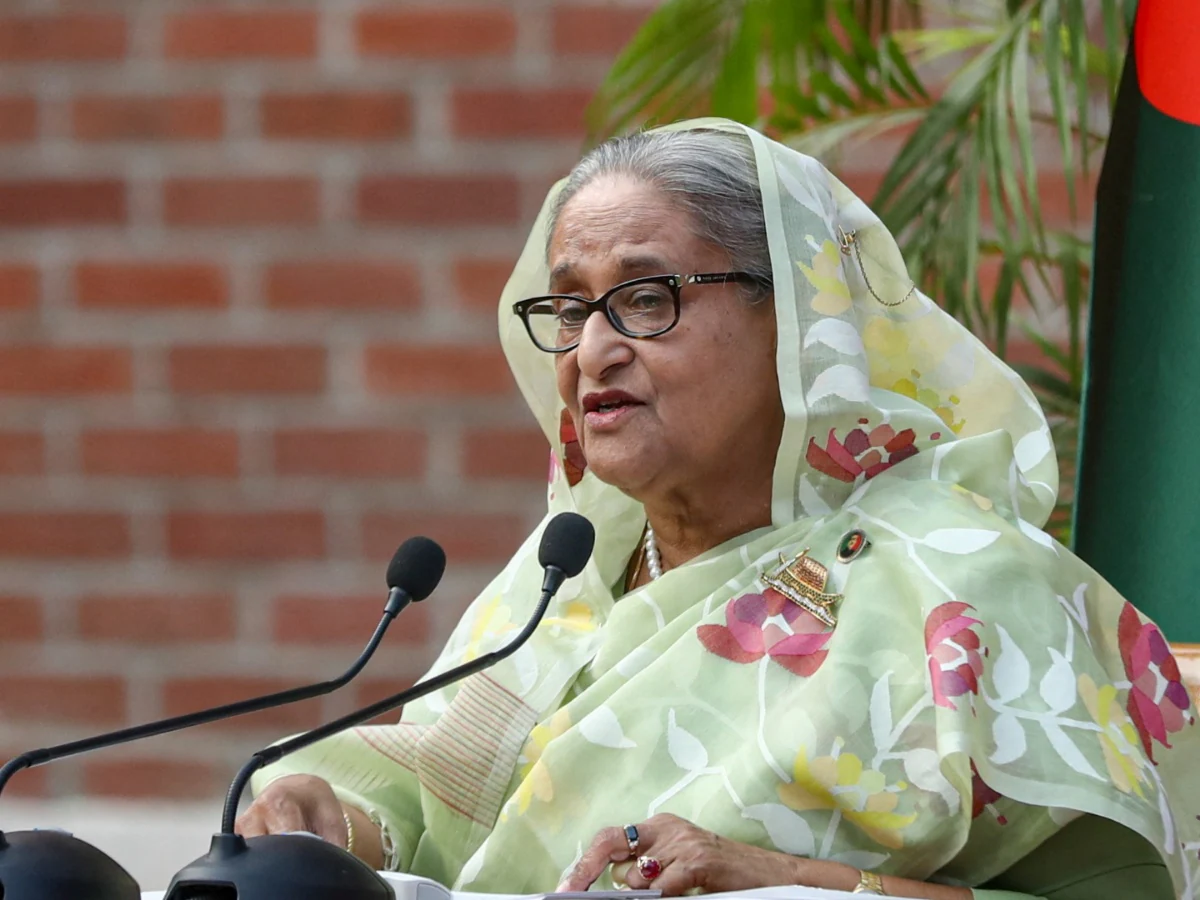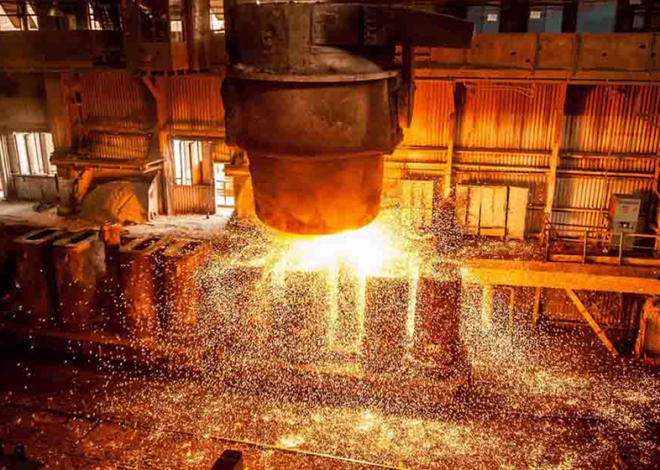
Protests in Bangladesh: The Reasons for the Violence
Bangladesh has been rocked by unprecedented protests, leading to the dramatic ousting of Prime Minister Sheikh Hasina, who resigned on August 5, 2024, after 15 years in power. The violence and unrest witnessed in recent weeks have been described as some of the most intense since the country’s independence in 1971.
What is the reason for protests in Bangladesh?
The current turmoil began in early July with demonstrations over civil service job quotas. The protests escalated significantly after Bangladesh’s High Court reinstated a 30% quota for government jobs reserved for “Freedom fighters’” relatives. This decision stirred anger among the youth, who saw it as a barrier to their employment prospects. The situation intensified when the Supreme Court lowered the quota to 5% on July 21, but the reduction failed to quell the dissatisfaction of a generation facing high unemployment and systemic corruption.
The protests became a broader movement against Sheikh Hasina’s long-standing regime, which had been accused of stifling political opposition and failing to address the severe youth unemployment crisis. Demonstrators stormed Hasina’s residence in Dhaka, leading to chaos, looting, and a death toll that has reached 432, with 122 fatalities occurring in a single day of violence.
Amidst the upheaval, newly appointed army chief General Waker-Uz-Zaman has urged for a return to non-violent protests and announced plans to form an interim government. This includes potential involvement from the weakened Bangladesh Nationalist Party (BNP) and the recently banned Jamaat-e-Islami. Notably, General Zaman has announced the release of BNP leader Khaleda Zia from prison and is anticipating the return of exiled leader Tarique Rahman.
Lecturer Philippe Benoît explains the reason for protests in Bangladesh
“This upsurge in violence is perhaps due to the fact that the most politically motivated demonstrators sensed that power was about to waver,” said Philippe Benoît, a lecturer at the National Institute of Oriental Languages and Civilisations and a Bangladesh specialist.
“The number of unemployed young people is so high that government entrance examinations are attracting crowds of applicants. In addition to the matter of quotas, there is the question of corruption and the growing suspicion that you will only succeed in these examinations if you buy your place,” said Benoît.
The resignation of Hasina has left the country in political uncertainty. With President Mohammed Shahabuddin dissolving parliament and Nobel laureate Muhammad Yunus expressing readiness to lead a caretaker government, Bangladesh stands on the brink of a significant political transition. The current unrest underscores deep-rooted frustrations over unemployment, political repression, and systemic corruption, highlighting the urgent need for reform and stability.
“If action is needed in Bangladesh, for my country and for the courage of my people, then I will take it,” he told AFP in a statement.







